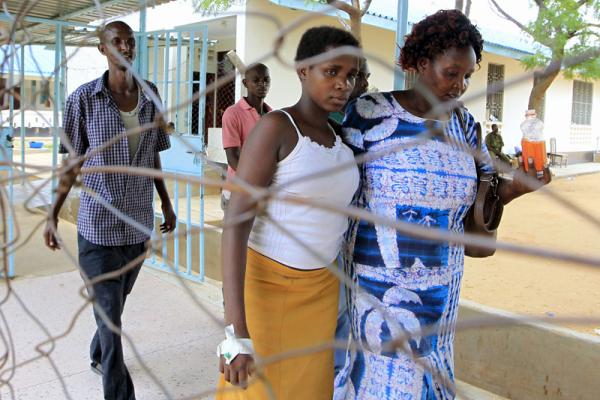Last week, al-Shabab militants, aligned with al-Qaida, stormed the campus of Garissa University College in Kenya, asking students about their religion. They spared the lives of Muslims and killed the Christians. By the time the mayhem was over, almost 150 students lay dead.
A spokesmen for the terrorists boasted: “There are many dead bodies of Christians inside the building. We are also holding many Christians alive.”
This is not the first time that this has happened in Kenya. In 2013, at the Westgate shopping mall in Nairobi, 67 people were killed in cold blood. Muslims were allowed to go free.
The dead were all Christians.
In Libya in February, Islamic State militants beheaded 21 men on the beach. Their blood freely flowed into the Mediterranean Sea.
The victims were all Coptic Christians.
The Middle East contains proud remnants of the oldest Christian communities in the world. Their churches have been in flames. ISIS has demanded that the Christians convert to Islam, pay extra taxes or be killed. In Syria in February, ISIS militants abducted scores of Assyrian Christians.
Just because they are Christian.
Read the Full Article

